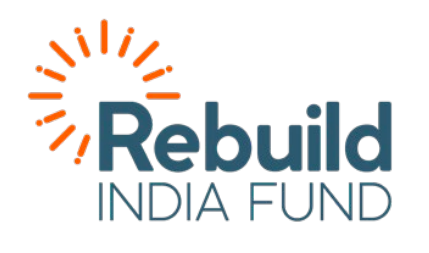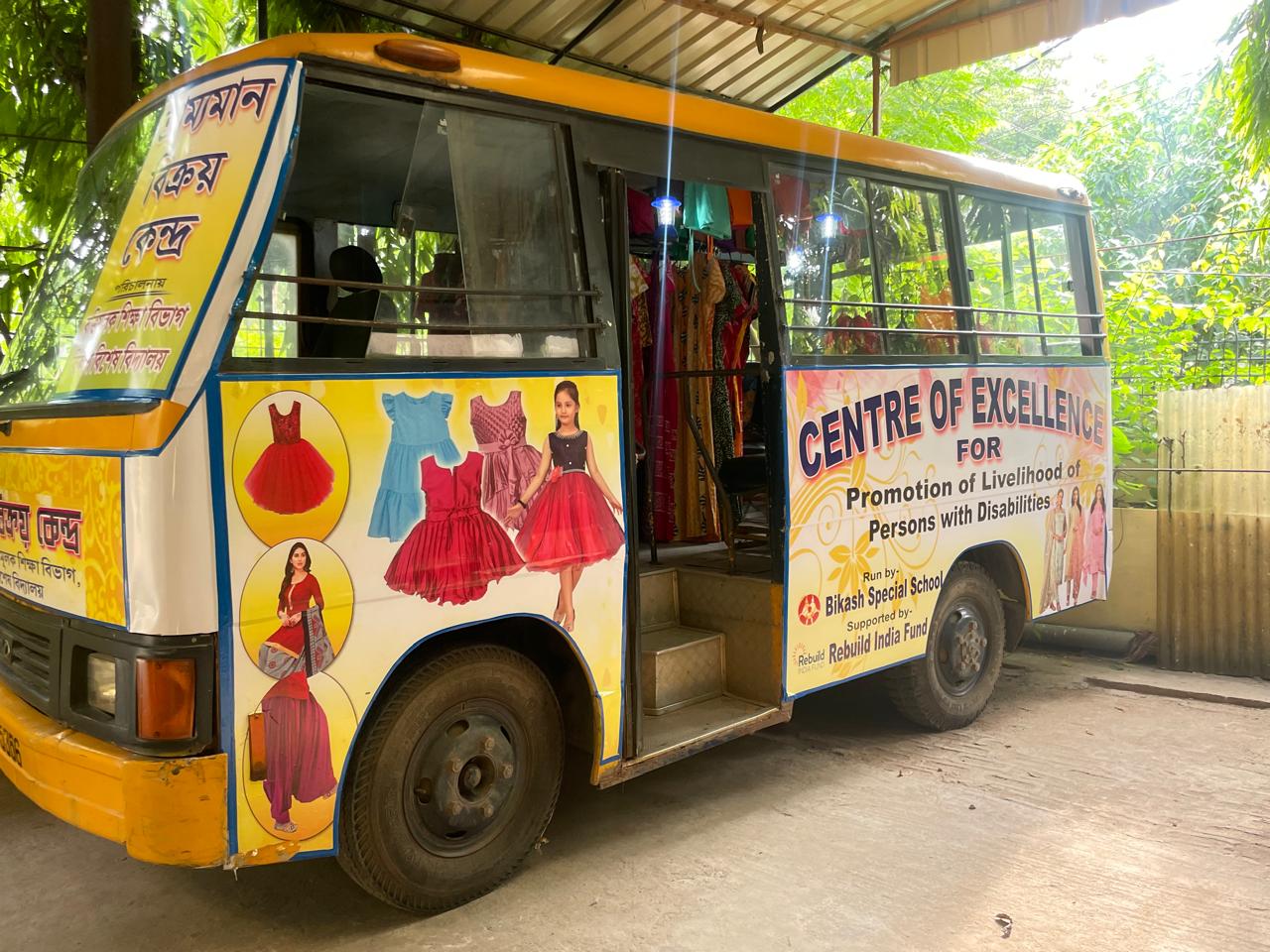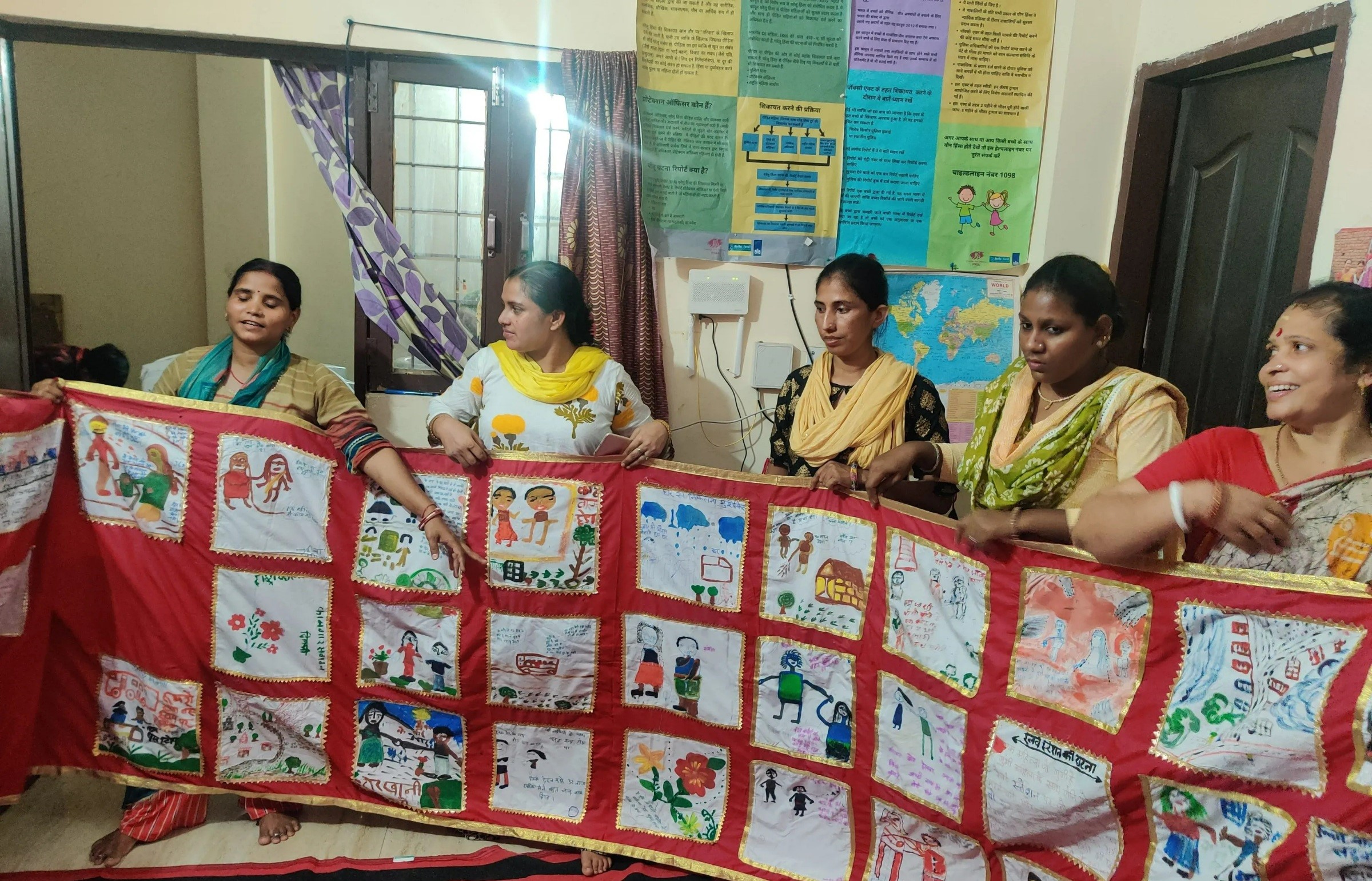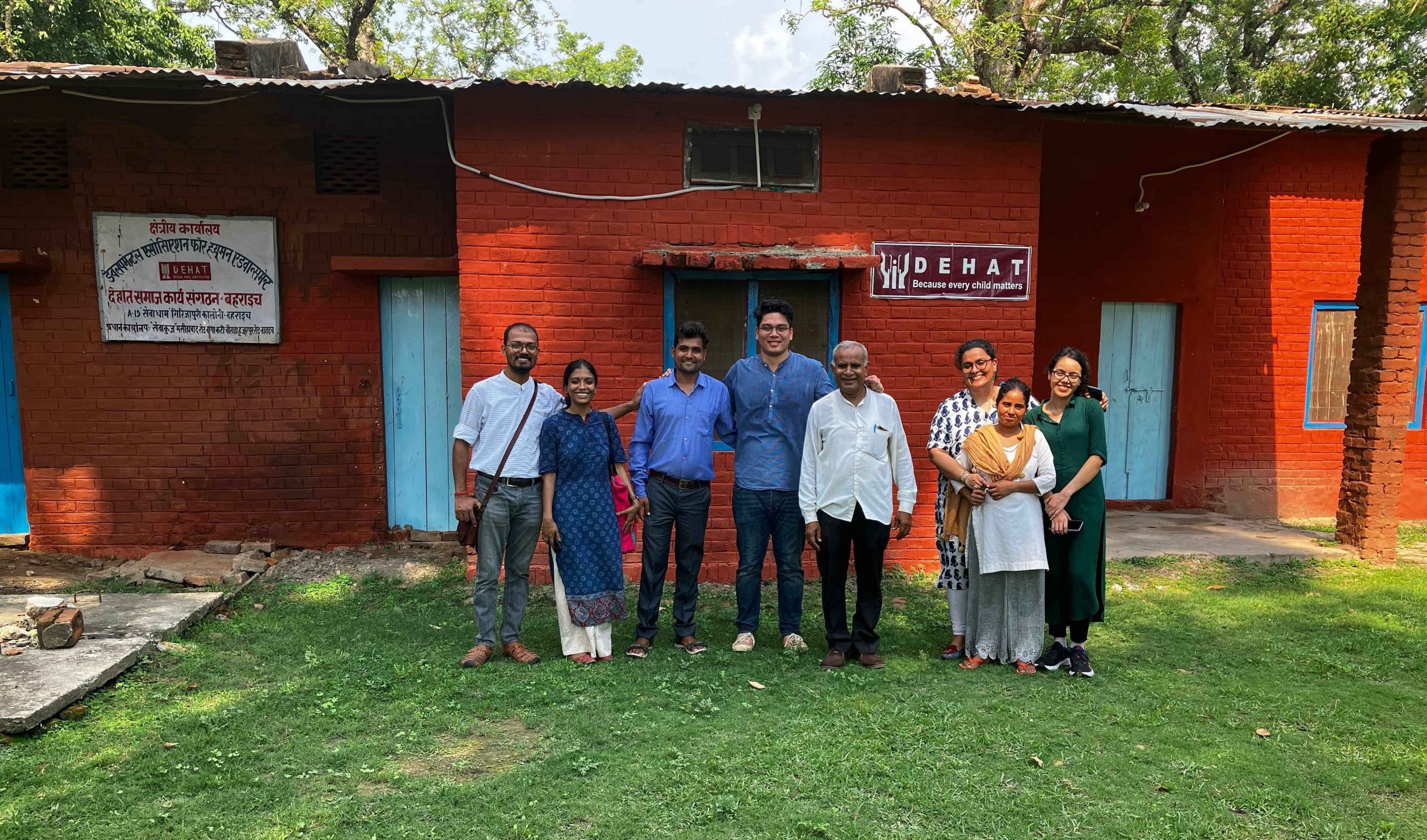“What I would truly define as a child’s development is their ability to go through all stages of their lives with access to the right amount of care at every stage, and become economically rehabilitated as productive members in their family and society, and most importantly, being able to lead a meaningful life.” – says Madhavi Mukerjee, Director of Kenduadihi Bikash Society.
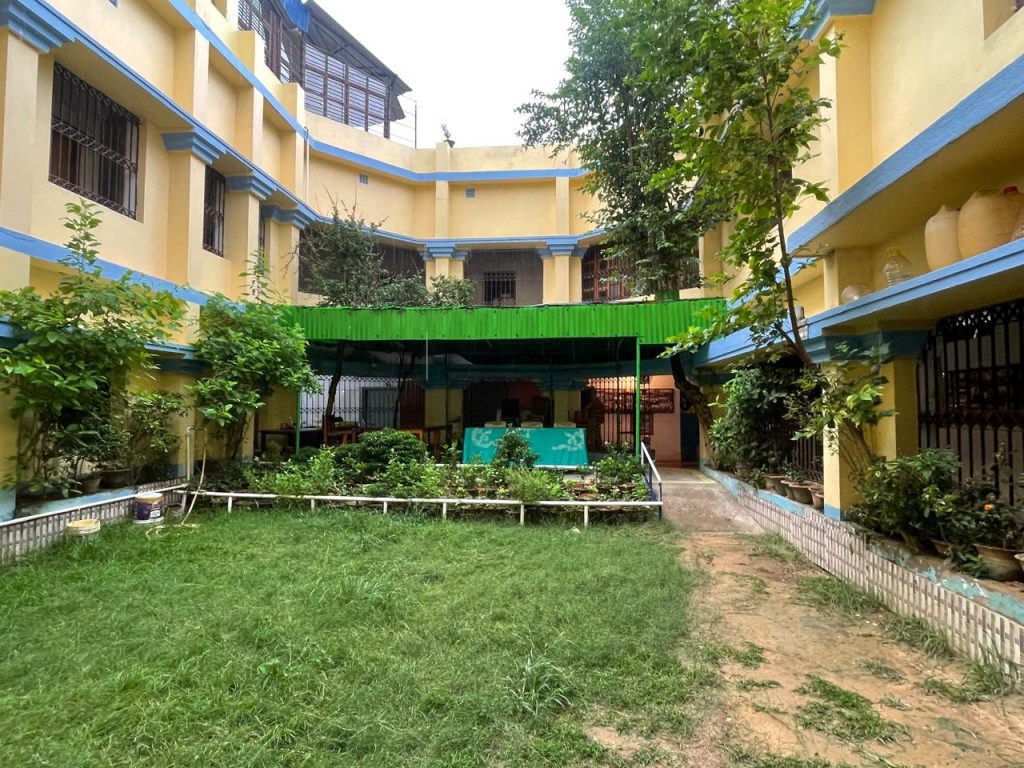
Having identified childhood disability as a key challenge in the district of Bankura, Uttam Mukherjee, an anthropologist by profession moved to Bankura over two decades ago and founded Kenduadihi Bikash Society (KBS). KBS’s impact in the region since their inception has been deep; for the community it stands as an institution to offer sustained support in a region with extremely high incidences of disability but minimal to no form of institutional support available. The high occurrence of disability amongst children in Bankura is closely associated with the socio-economic status of communities in the region, malnutrition, poor health of mothers and lack of pre-natal diagnostic services.
“At school, the children are given proper nutritionally balanced meals which contributes significantly to their development. However, when they don’t come to school for a longer period, their health visibly deteriorates owing to their socio economic vulnerabilities” – says Uttam Mukherjee.
Where it Begins: Focus on Early Identification:
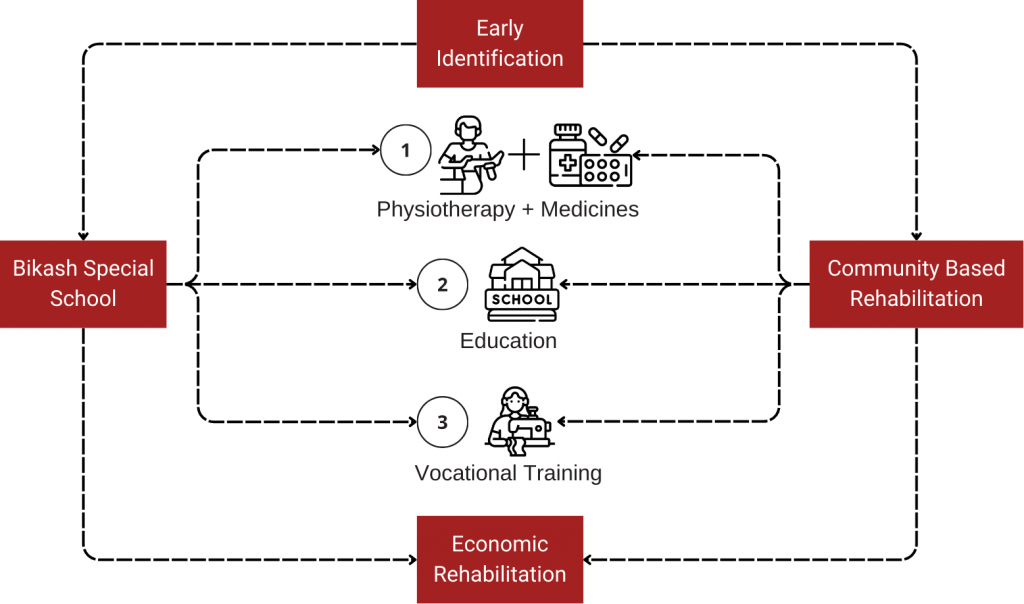
“Most of the cases of disability amongst the children we see in Bankura occur at birth, which is why early identification is possible and absolutely critical, because it lends us more time to work with a child on their development through the years.” – says Madhavi Mukherjee.
Kenduadihi Bikash Society works with children with Down’s syndrome, cerebral palsy, autism and multiple sensory disabilities, while engaging a child’s caregiver in the process of their development with a strong focus on early identification and economic rehabilitation of children with special needs. Through our two days at Bankura, we had a chance to experience what a child’s journey at Bikash looks like through the process of accessing medical support, special needs education and vocational training.
How Kenduadihi Bikash Society Does it – The KBS Model:
KBS offers support systems to the community through two broad mediums of support – 1) through the Bikash Special School for children with special needs living within 5-6 kms radius and 2) through the community-based rehabilitation model for children who are unable to access the school due to lack of proximity.
The Bikash Special School currently supports 200 children within the school premises and the organization reaches over 1000 children across 5 blocks through their community-based rehabilitation program.
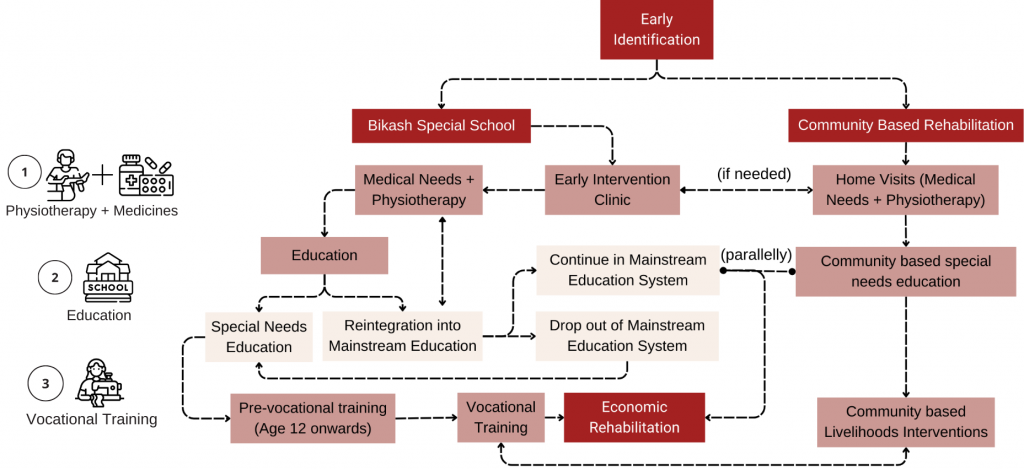
1.Bikash Special School:
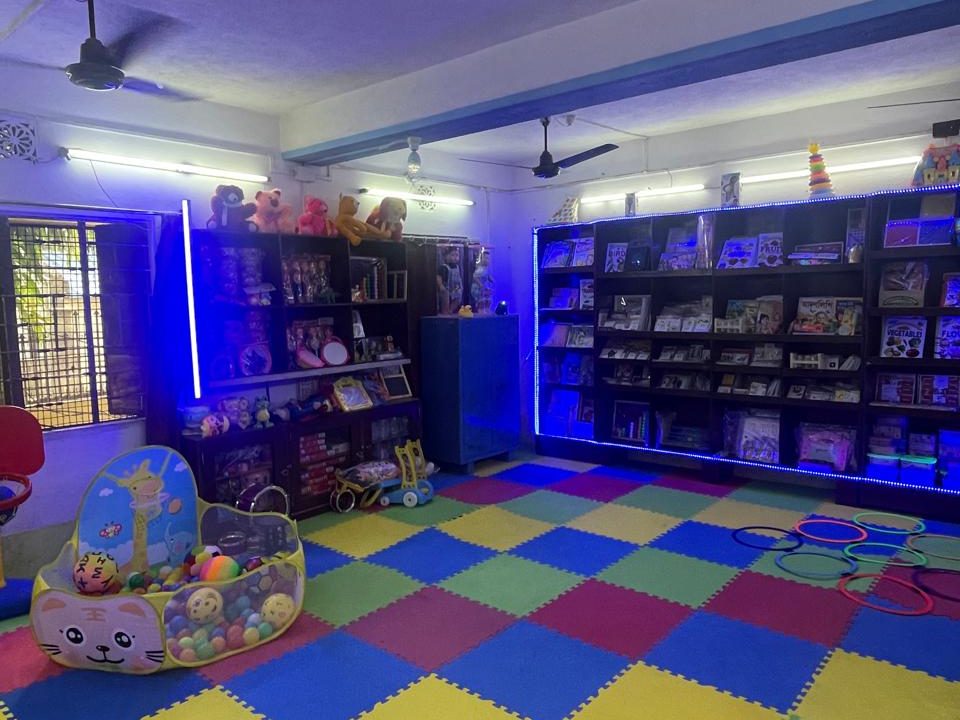
Our first day at KBS revolved around exploring the school premises and witnessing what the journey of every child within the school would look like – with a larger focus on cognitive ability based functional literacy from an early age, and vocational training after the child turns 12.
Early Intervention Clinic: This is the first point of engagement for a child at the special school. The child goes through an initial needs assessment and gets a customized plan recorded in physical files keeping in mind all requirements for their holistic development. This file tracks crucial indicators linked to a child’s improvement in health and continues to be updated throughout their journey. The room (shown in the picture) intentionally has colorful floors, lights, toys and calming music which serves as an audio-visual stimulus for children – particularly for those who are hyper-active.
Physiotherapy Room: Physiotherapy serves as an important component of a child’s physical health, which is often overlooked by caregivers given the inherent focus on enabling a child’s cognitive development. Thus, a child’s caregivers are consistently engaged in physiotherapy trainings and are helped to understand that this is closely interlinked with their cognitive development as well.
Education: After the initial assessment KBS maps out if there is potential for a child to be reintegrated into mainstream education or not. Even if a child reintegrates into the formal education system, KBS continues to track their journey while the child accesses all other support provisions at the Bikash Special School. For those who cannot be reintegrated or drop out of the formal system, KBS offers special needs education based on a child’s cognitive abilities – where the focus is on building functional literacy skills – recognition of objects, family members, basic expressions etc.
Pre-vocational: After a child turns 12, they gradually move into the pre-vocational training which focuses on functional skills that prepare a child for vocational training such as identifying currency notes, numbers, spellings, communication (with focus on speech therapy).
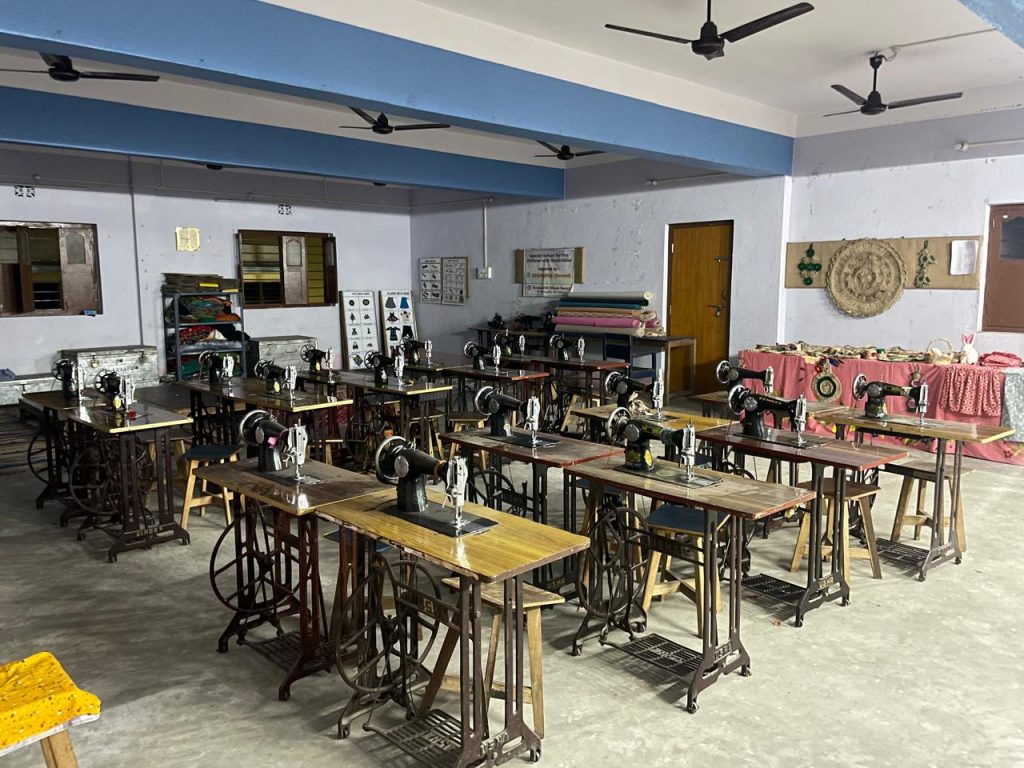
Vocational training: At this stage, based on the cognitive and physical abilities of a child, they are trained in building one or more vocational skills such as tailoring and making jute crafts. Each product that the children make is broken down into assembly lines – such that in cases where a child is unable to make an entire product – they can still contribute to specific parts of the process. For instance, one may only be engaged in the process of cutting the garment and others may only be able to stitch.
2. Community Based Rehabilitation (CBR):
Community based rehabilitation models are typically based on home visits only – including physiotherapy, speech therapy, medical interventions as well as special needs education. However, recognizing the need for children to socialize and interact with the outside world given the impact it has on their communication abilities and personality development, KBS has complemented home visits with regular sessions at community-based centers. This is meant for children with less severe intellectual disabilities who are able to attend community-based centers parallel to their formal education systems. Those who have severe disabilities are referred to the Bikash Special School.
During our visit, we had a chance to visit two of KBS’s community-based centers in the Jagdalla and Jhatibon villages. While the Jagadalla community center has been running in a space provided by the community acknowledging the crucial work that KBS does, the Jhatibon centre is run in the premises of a primary school in the village where many of the children study. What particularly stood out at the Jhatibon center was the engagement that other children from the village had with the community-based centers. As the kids attended their regular sessions, we saw community members and other village kids watch with keen eyes, absorbing and occasionally engaging and finally bursting into joy as the kids finished their sessions and ran out altogether to play. One can visibly see why KBS has decided to not keep CBR restricted to home visits and the impact this has on the day-to-day of children who would otherwise continue to live secluded lives.
Beyond CBR support, KBS also runs community-based livelihoods interventions for children with special needs. KBS ran a residential unit to offer vocational training for children living far from the school, which was discontinued due to multiple regulatory challenges. In its current form, post vocational training at the school, KBS provides raw materials to children who are skilled at making any of the products and provides pay based on the number of pieces they’re able to create. During our last day at Bankura we visited 4 such of their lives with different ambitions for themselves and their families – but all financially literate, individuals at their houses – Ruma, Rima, Geeta and Rupali – all skilled in different ways, at different stage independent and resilient.
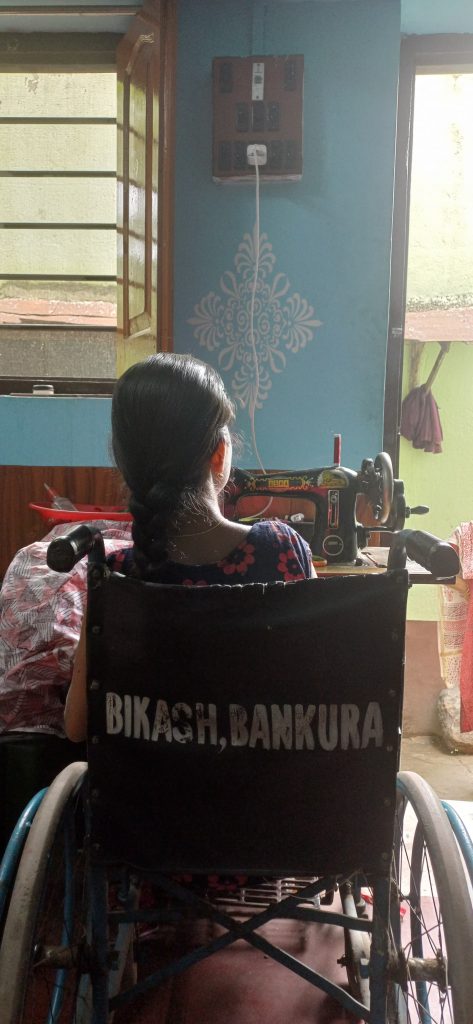
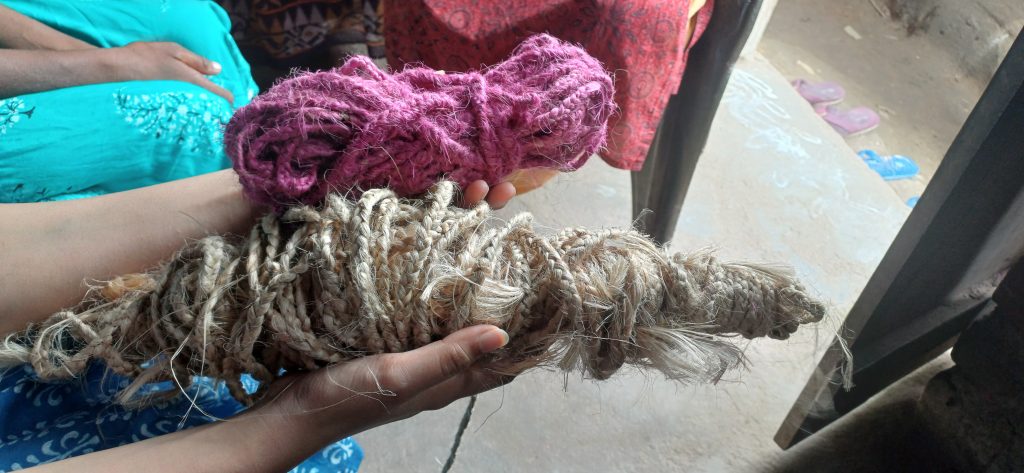
The ultimate result – Economic Rehabilitation:
Each child that KBS works with continues to lead a financially sustainable life, and KBS offers several means for them to do so by building market linkages – setting up shops, mobile sales vans, cafes through partnerships with the government and other influential stakeholders within the community.
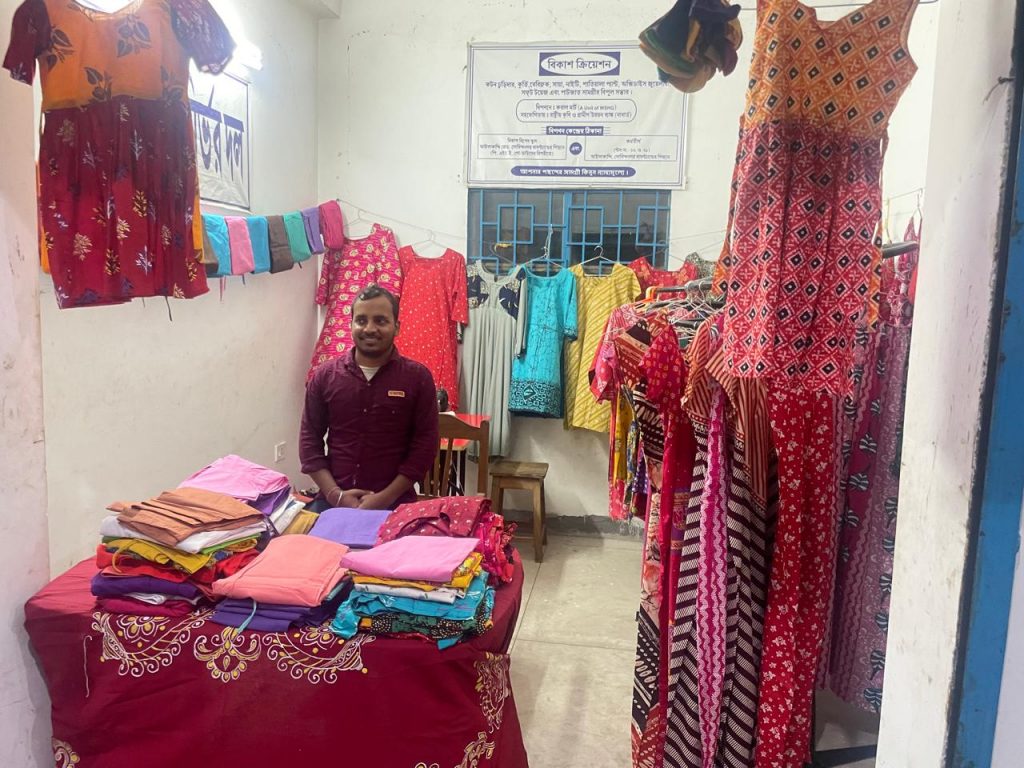
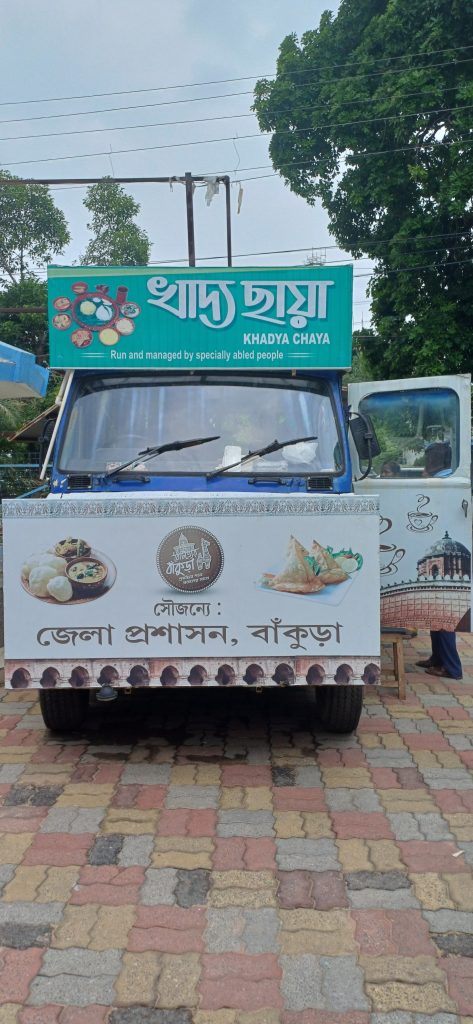
The road ahead for KBS:
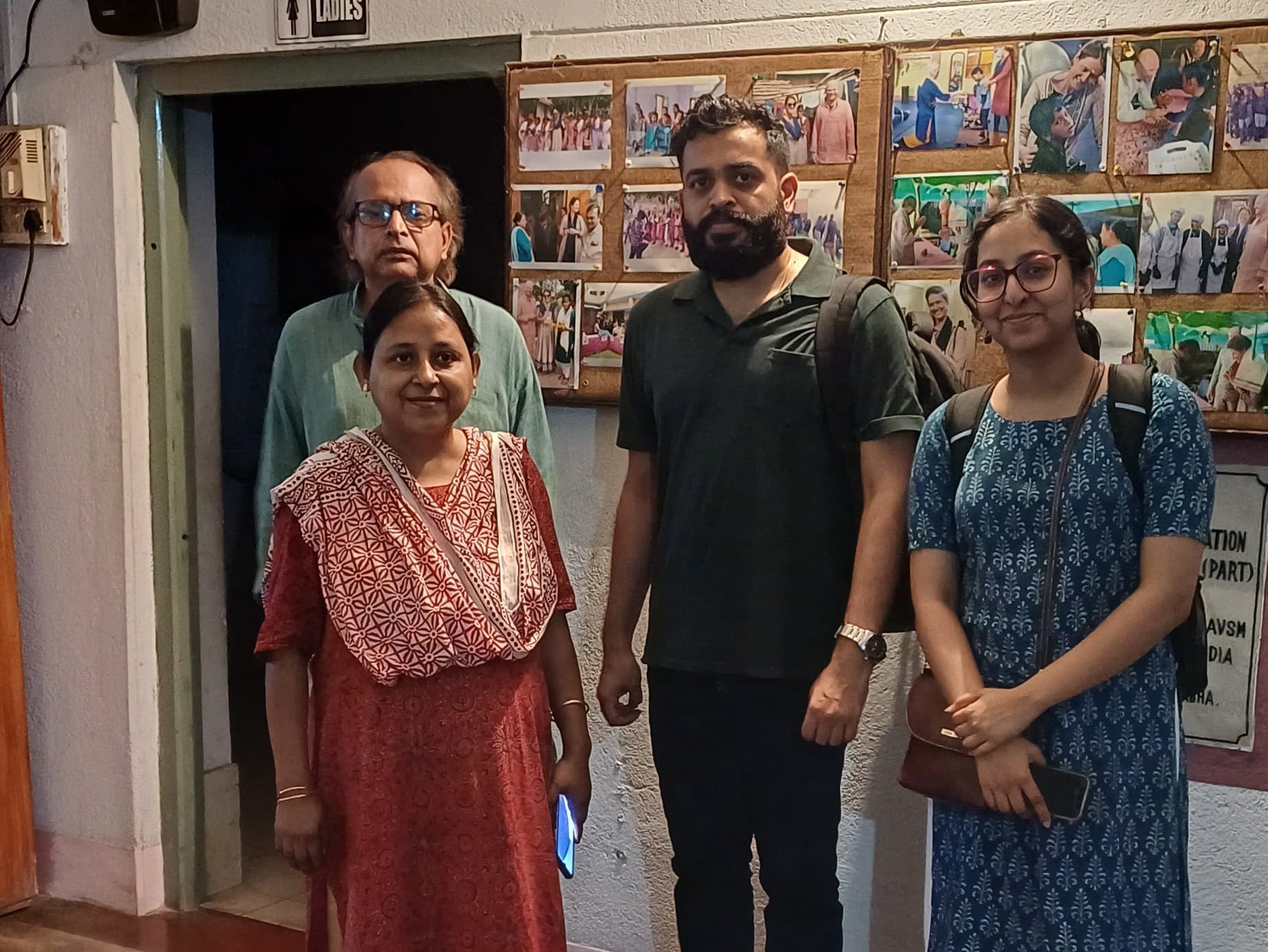
Given the crucial role the KBS plays through their work in Bankura and the cost of running their interventions alongside maintaining a huge physical space, financial resilience is a priority for the organization at this stage. The organization has identified a few critical steps to achieving this including social media visibility, website development and documentation of over two decades of work. KBS can specifically benefit from funding towards corpus building and physical infrastructure maintenance and partnerships with universities that can support the organization in research and documentation.
